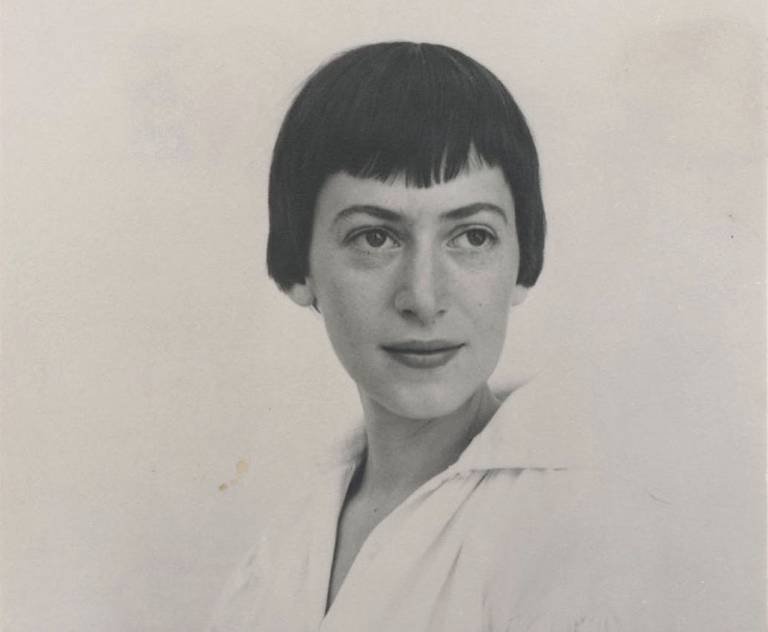Show Me the Place
A collection of essays, stories and journeys.
“The troubles came, I saved what I could save. A thread of light, a particle, a wave.”
Apocalyptic futures surround us. In films, books and news feeds, we are subjected to a barrage of end-time possibilities. Award-winning writer Hedley Twidle, in quixotic mood, sets out to snatch utopia from the jaws of dystopia.
Whether embarking on a bizarre quest to find Cecil Rhodes’s missing nose (sliced off the bust of the Rhodes Memorial) or cycling the Scottish islands with a couple of squabbling anarchists; whether learning to surf (much too late) in the wild, freezing waters off the Cape Peninsula or navigating the fraught politics of a Buddhist retreat centre, the author explores forgotten utopias, intentional communities and islands of imagination with curiosity, hope and humour.
Ranging from the science fiction or Ursula Le Guin to the ‘living laboratory’ of Auroville in south India, Show Me the Place investigates the deep human desire to imagine alternatives to what we take as normal or inevitable.
Jonathan Ball Publishers, 2024. Cover design by Gretchen van der Byl.
“Hedley Twidle is an essayist of rare brilliance. His reach is remarkable. Whatever subject he touches, his writing is always luminous, astute and often darkly funny.”
“In this witty collection of essays, Twidle takes up the form’s invitation to speculate, follow a thought where it leads, and ask unexpected questions. The focus on dysfunctional utopias — or functional dystopias — is apt for our times. We’re living in the ruins of one failed experiment or another. Twidle refuses easy pessimism, preferring what he calls ‘risky optimism’, which he finds in unlikely places. Clear-eyed as these essays are, they’re not disenchanted: they arise from a wholehearted, often delighted engagement with our imperfect world. ”
“I was blown away. His writing reminded me a little of John Jeremiah Sullivan – funny, literary, stylish, and with real intellectual depth – but he’s very much doing his own, distinctly South African thing. One of the bigger recent discoveries for me.”
“A fine combination of memoir, comedy and rueful philosophy.”
To Spite His Face. What happened to Cecil Rhodes’s nose? Letter from Cape Town, Harper’s, December 2021 (& Harper’s podcast).
The Sound of Islay. Introducing the Financial Times essay competition. November 2016.
An extract from ‘Monsoon Raag’ about a visit to Auroville in Tamil Nadu, southern India. Sunday Times online. Pagecast interview with Mila de Villiers, April 2024.
A Line of Light and Writing Forgetting (an ongoing archive for the arts of memory and memory loss).
Ambiguous Utopias: The Dispossessed by Ursula K. Le Guin. Johannesburg Review of Books, 19 December 2024. My Wikipedia entry on the ‘anarchist utopia’ of Anarres.
Five by Three. The part about the island.
Barbarian Phase. A surfing half-life. Wasafiri, June 2021.
Anarchive: offcuts and outtakes.
Memoir, Utopia, and Belonging in the Postcolony. Biography 46:3, 2024. An academic article on Akash Kapur’s memoir of Auroville, Better to Have Gone.
Reviews in Mail & Guardian, Johannesburg Review of Books, News24 and elsewhere.
“Hedley Twidle’s work is exquisitely crafted, clever, self-deprecating, and, above all, deeply thoughtful. We are lucky to have a writer of his calibre working on contemporary South African material.”
“Each of these nine essays is dense with life in ways that make them utterly compelling...”
“One of my favourite essays is ‘A Line of Light’, in which Twidle explores his mother’s descent into dementia...This meditative essay meanders back through his mother’s life, the trajectory of her decline and what it means to lose memory, and a mother...It is an achingly beautiful exploration of the slow loss that a son suffers as his mother slips away. ”
“Accessible, funny and deeply human. Twidle attacks the same theme from bizarre, unconnected angles: his (and our) search for an alternative way to be. Can we escape the mundane and adopt a new ‘place’ for ourselves? Self-deprecating but searingly insightful, ultimately Twidle laughs darkly at himself more than at the odd, ungrounded characters that populate his journeys.”
“Funny, engaging, exquisitely written and reminds you of the real necessity of being actively and curiously in conversation with the world around you. ”
“I think hard times are coming, when we will be wanting the voices of writers who can see alternatives to how we live now, and can see through our fear-stricken society and its obsessive technologies, to other ways of being. And even imagine some real grounds for hope. We will need writers who can remember freedom: poets, visionaries — the realists of a larger reality. ”











